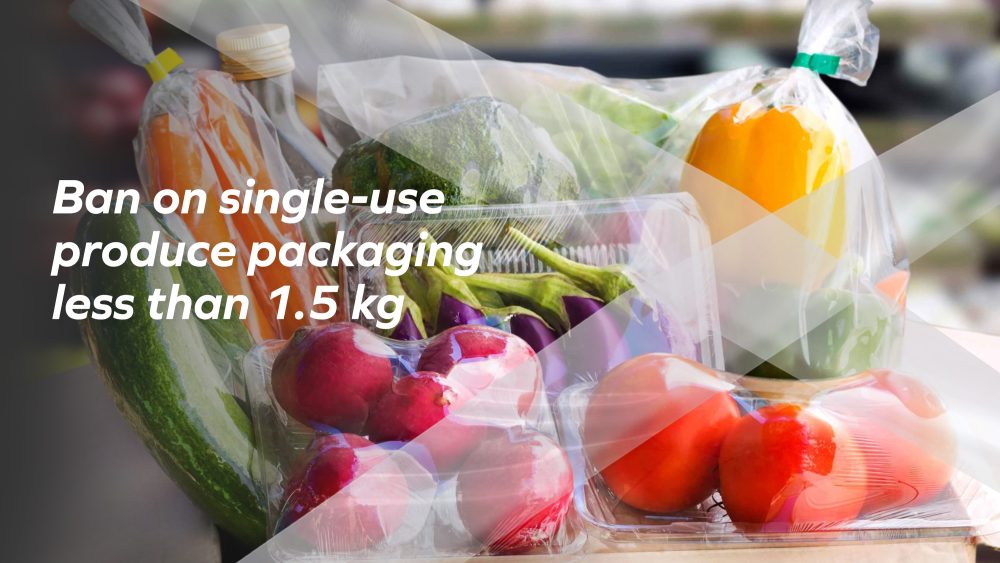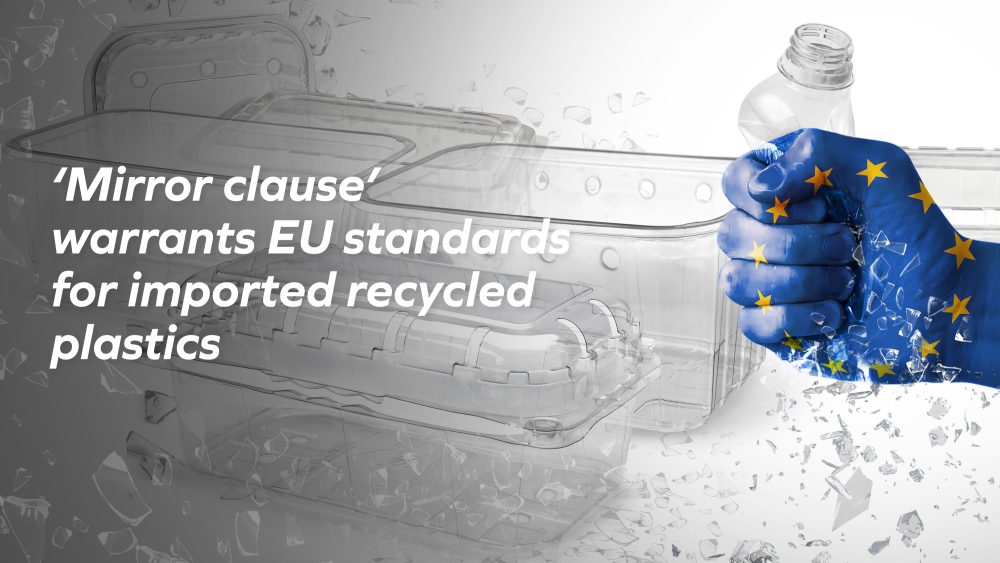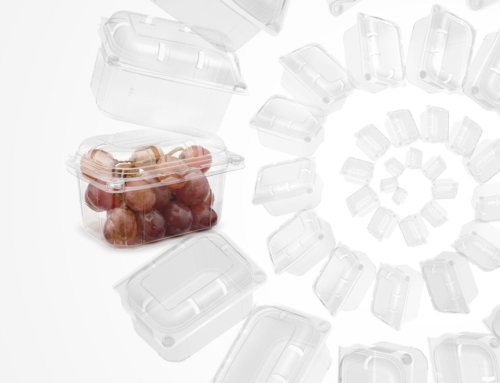Examining the Implications of Europe’s Packaging and Packaging Waste Regulation
On March 14, 2024, a majority of EU governments approved the final text of the Packaging and Packaging Waste Regulation (PPWR), overcoming objections from the European Commission’s trade directorate (DG Trade). The approved text includes a controversial, so-called “mirror clause” effectively banning imported recycled plastics unless they meet EU standards for separate collection and undergo processing in facilities that adhere to the same pollution and emissions limits applicable to domestic producers.
This decision follows the European Council’s announcement on March 4, 2024, of a provisional agreement with the European Parliament on the PPWR. The agreement aims to reduce packaging waste generation in Europe by mandating recyclability, minimising harmful substances, and cutting down on unnecessary packaging. It also specifies sustainability requirements for compostable labels and bio-based plastic packaging used for fruits and vegetables.
Concerns over the agreement
While the overall regulation is still subject to final approval by the European Parliament in April 2024 before entering into force, it has met with strong opposition especially among plastic packaging suppliers due to concerns about job losses, reduced competitiveness in export markets, hindering of the recycling industry’s growth, and the perceived lack of data supporting the regulation.
Apart from the “mirror clause”, a contentious aspect that has raised significant concerns is Article 22, which prohibits the single-use plastic packaging of unprocessed fruits and vegetables in quantities less than 1.5 kg. It also permits member states to implement exemptions based on demonstrated necessity to protect specific fresh produce varieties. Additionally, member states can uphold existing prohibitions outlined in national laws, and the European Commission retains the authority to introduce new restrictions in the future.
Individuals familiar with the fundamentals of community trade can evaluate the sustainability of these provisions and the potential risk they pose to the integrity of the single market. This scenario could potentially lead to the proliferation of disparate national packaging regulations, undermining the core principle of a unified market.
While the regulation’s environmental goals are laudable, we have concerns that this targeted plastic packaging ban may oversimplify complex issues and lead to unintended negative consequences.

The importance of plastic packaging in reducing food waste
Our reservations about the PPWR stem from the belief that balanced and informed decision-making is crucial in addressing environmental challenges. Plastic packaging, when responsibly designed and utilised, specifically in the case of fragile and perishable fresh produce, offers several advantages—it is lightweight, durable, and crucial for extending shelf life, thereby significantly reducing food waste (estimated at 1.3 billion tons annually). These benefits are vital for the sustainability of the food supply chain, an aspect that seems to have been underestimated or overlooked in the agreement.
Furthermore, the importance of packaging in maintaining food safety and quality cannot be overstated. Plastic packaging serves as an essential barrier against contamination and damage, ensuring that produce reaches consumers safely. Removing this protective layer without a comprehensive assessment of alternatives could compromise food safety standards and consumer trust.
Advocating for a lifecycle approach to packaging materials
The agreement, aimed at curbing plastic pollution, may not fully capture the complexity of environmental impact. We advocate for a more sophisticated approach that evaluates the full lifecycle of packaging materials and emphasises waste minimisation and recycling over outright bans. Such a strategy would better align with the principles of sustainability and circularity without compromising the functionality and benefits that plastic packaging provides.
Prioritising responsible consumption and waste management
The Packaging and Packaging Waste Regulation also seems to sidestep crucial issues related to consumer behaviour and waste management infrastructure. Instead of pinpointing plastic packaging as the sole environmental villain, efforts should be directed towards fostering responsible consumption habits, enhancing recycling systems, and investing in innovative solutions that reduce waste and promote resource efficiency.

PPI’s sustainable packaging solutions
At PPI, our dedication to providing sustainable packaging solutions for the fresh produce industry is driven by a commitment to environmental stewardship and innovation. We continuously strive to develop packaging solutions that reduce waste, conserve resources, and support the circular economy.
Our advancements in sustainable packaging solutions, such as our 100% certified rPET punnets and trays that are fully recyclable, underscore our proactive efforts to mitigate environmental impacts. These offerings demonstrate that the path to reducing packaging waste is through promoting sustainable practices within the plastic industry, not through broad prohibitions.
A call for balanced and evidence-based policymaking
In light of these considerations and the latest developments around the approved PPWR text, while we share the European Parliament and Council’s aspirations to curb plastic pollution and enhance sustainability, we remain very concerned over the agreement in its current form, as well as the trade implications of the “mirror clause” provision. We believe that this regulation might inadvertently simplify complex issues, neglect the comprehensive lifecycle impacts of packaging materials, and pose significant challenges to businesses, consumers, trade relations and the environment. Most importantly, it threatens progress on critical UN Sustainable Development Goals around food waste, sustainability and climate change.
We call for a more balanced, informed approach that prioritises innovation, collaboration and evidence-based policymaking to achieve our collective sustainability goals. In fresh produce, plastic remains the most sustainable packaging option when responsibly integrated into a circular economy framework. The PPWR should bolster such circular systems, not weaken them through blanket plastic bans.





